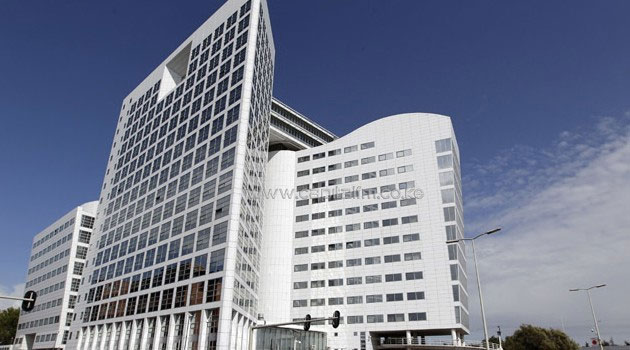
Kenya wants the upcoming November 18 to 26 Assembly of States Parties to reassert its decision that “the new Rule 68 will not negatively affect the rights of an accused person.”
NAIROBI, Kenya, Oct 29 – Requests by Kenya and South Africa for supplementary items to be included in the agenda of the 14th session of the International Criminal Court Assembly of States Parties (ASP) have been communicated to member states, observers, the court and the United Nations.
A communiqué by the ASP secretariat says the requests have been submitted to the bureau for consideration.
They include a request by Kenya on application of the amended Rule 68 which has been used to admit testimony of witnesses who recanted their evidence despite an assurance at the 12th ASP that it would not be applied retroactively.
“It has come to our attention that, presently, the amended Rule 68 is being interpreted and implemented in manner that is not consistent with the resolution of the assembly,” a note verbale by Kenya’s Permanent Mission to the United Nations says.
Kenya wants the upcoming November 18 to 26 Assembly of States Parties to reassert its decision that “the new Rule 68 will not negatively affect the rights of an accused person.”
Kenya contends that the new Rule 68 was introduced in 2013 after commencement of the ICC case against Deputy President William Ruto and journalist Joshua arap Sang.
“The previous Rule 68 required that for prior recorded statements to be introduced in lieu of oral evidence, both the prosecutor and defence should have had an opportunity to cross-examine or question the maker.”
The amendment was opposed by Kenya and other African states but was passed after assurances that it would not be applied in the current case… “and that in any case, the amendment would not apply retroactively to the detriment of an accused person.”
Kenya says whereas the aim of the amendment was to reduce the length of the proceedings, “it is doubtful if in fact this is being achieved.”
“The alacrity with which the rule was called to aid the prosecutor’s case in the Kenyan situation runs counter to many participants’ call that the rule be applied only in exceptional circumstances.”
Ruto and Sang have already challenged application of the rule in court.
South Africa on the other hand wants inclusion of its request on application of Article 97 and 98 of the Rome Statute, following the debacle surrounding failure to arrest Sudanese President Omar al Bashir during an African Union Summit in June.
The South African Embassy in the Netherlands says prior to the AU Summit, it sought consultations as provided in Article 97 on the request for cooperation, after it identified problems with execution of the request.
A preliminary meeting between the government and the court took place on June 12, 2015. “The understanding of the government was that the official Article 97 consultations were to take place on Monday, 15 June 2015.”
“However on 13, June 2015, the prosecutor made an urgent request to the court for clarify regarding the status of Article 97 consultations without any prior warning or notice to the government.”
South Africa argues that the consultations provided in Article 97 are clearly meant to be political and diplomatic. “What was meant to be a diplomatic process under Article 97 was merged with a legal process based on an ex-parte application by the Office of the Prosecutor.”
Last month, South Africa’s ruling party said it wanted the country to withdraw from the International Criminal Court following the spat over failure to arrest Bashir.
South Africa was the first African country to sign up to the ICC and adopted the court’s founding Rome Statute into domestic law in 2002.
The government earlier this year issued a threat to sever ties with the ICC following the Bashir saga.
Bashir is wanted by the ICC for alleged war crimes related to the conflict in the Darfur region of Sudan.
South Africa has argued that he had immunity from arrest because he was visiting the country as the head of a member state of the African Union.









































